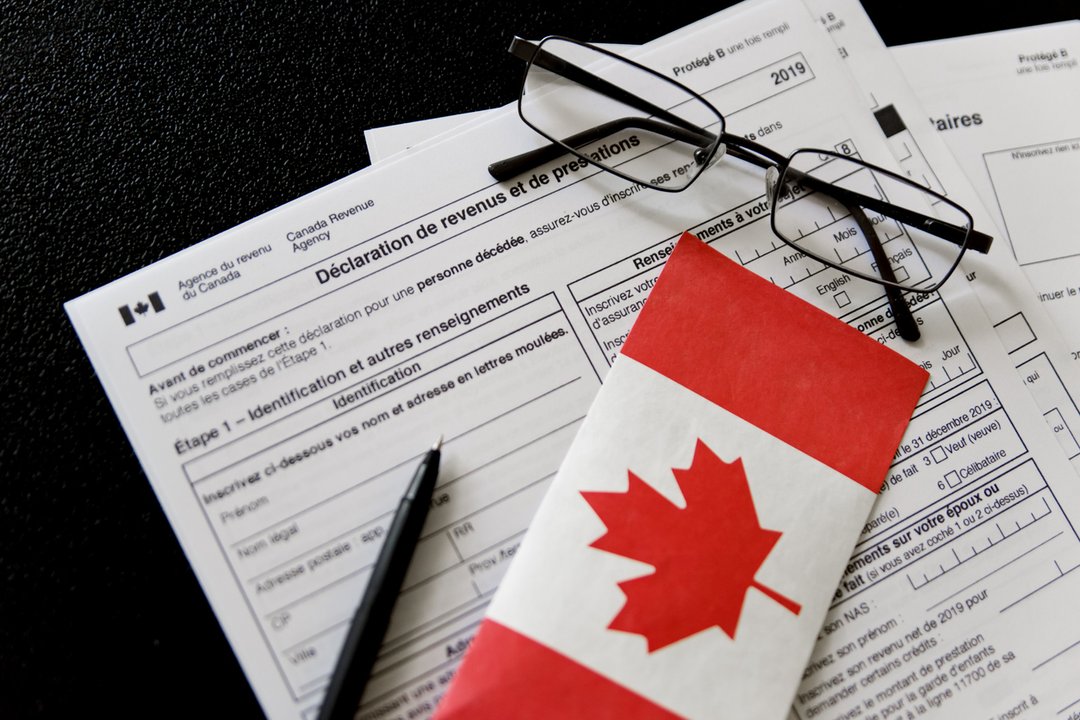
Kim Moody
Nov. 8, 2023
At this time of year, there’s no shortage of “year-end tax-planning tips” that show up in articles, social media feeds and your email. It’s like clockwork: such articles magically appear from about Nov. 1 until Dec. 31 every year. And similar articles on “tax planning” will once again start appearing around mid-February of the following year and end after the April 30 personal tax filing deadline. This past week, I received quite a few of these types of articles on my feeds, including three on Nov. 1 alone.

iStock-1283233985
While these articles are well intentioned — and I certainly do not begrudge the authors for writing them — they frustrate me. Why? Well, it’s simple. Like most important things in life, tax planning shouldn’t occur just before the deadlines. It needs to be much more proactive than that (as I said in my book, Making Life Less Taxing).
Yes, checklists can be an important reminder to ensure you don’t forget things, but they should not be a substitute for good overall planning. Unfortunately, many Canadians don’t approach it that way. The Nov. 1 to Dec. 31 and Feb. 15 to April 30 tax-planning articles often condition people that these are the only times of the year to plan. In my view, that’s not correct.
Let’s use a car as an analogy. A vehicle is a large purchase item for most Canadians, and includes ongoing costs such as insurance, fuel and repairs. In order to preserve the value and use of the vehicle, proper and regularly scheduled maintenance is a good practice. The problem, of course, is that regularly scheduled maintenance can be expensive and in this day of age of rising costs, it often gets put aside in favour of paying other bills. Tax planning is like that.
For most, taxes are by far the largest annual expense that they pay. The average Canadian family spends more of its annual income on taxes — 45.3 per cent — than they do on basic necessities such as food, clothing and shelter combined (35.6 per cent), according to a recent Fraser Institute study.
Absorb that information for even a minute or less and it becomes obvious that taxes deserve ongoing planning and significant attention, not just during the predictable two times per year when planning articles appear and one is bumping up against filing or other deadlines.
With that in mind, here is my greatly simplified Anti-Year-End Tax Planning Checklist. It’s important to know — as the fourth point re-emphasizes below — that this checklist is not to be done only twice per year. It’s to be done at least monthly throughout the year.
- Figure out how much in overall taxes (including income tax, GST/HST net of credits, carbon tax net of credits, property taxes and other taxes) you pay per year. Yes, some of this will require estimates, but it’s important to try.
- Once computed, do some self-reflection. Has this opened your eyes somewhat? What percentage of your overall family income do tax payments represent? If you’re comfortable with the result or it hasn’t surprised you, then maybe there’s nothing further for you to do. If your eyes are now open and you’re concerned, then start thinking about how you might be able to reduce your tax exposure.
- Albert Einstein is often quoted as having said, “The hardest thing in the world to understand is the income tax.” I think he was correct. And if you do too after trying to figure out how to estimate and mitigate some of your taxes, then consider hiring a tax professional to help you figure it out. Most Canadians’ tax situations are pretty straightforward. But if you’re entering into more tax complexity, then it would likely be worth the investment to hire a professional to help you understand your position.
- Finally, and this is important, don’t leave your planning until the two times a year when all those articles come out.
And there you have it, my Anti-Year-End Tax Planning Checklist. Tax planning is a year-round exercise. As noted above, the largest expenditure — by far — for the average Canadian family is tax. Give it the attention and year-round attention it deserves. You will benefit from a good understanding of how much you pay. Better yet, just like your car purchase, you can then assess whether you’re getting good value for your money.


